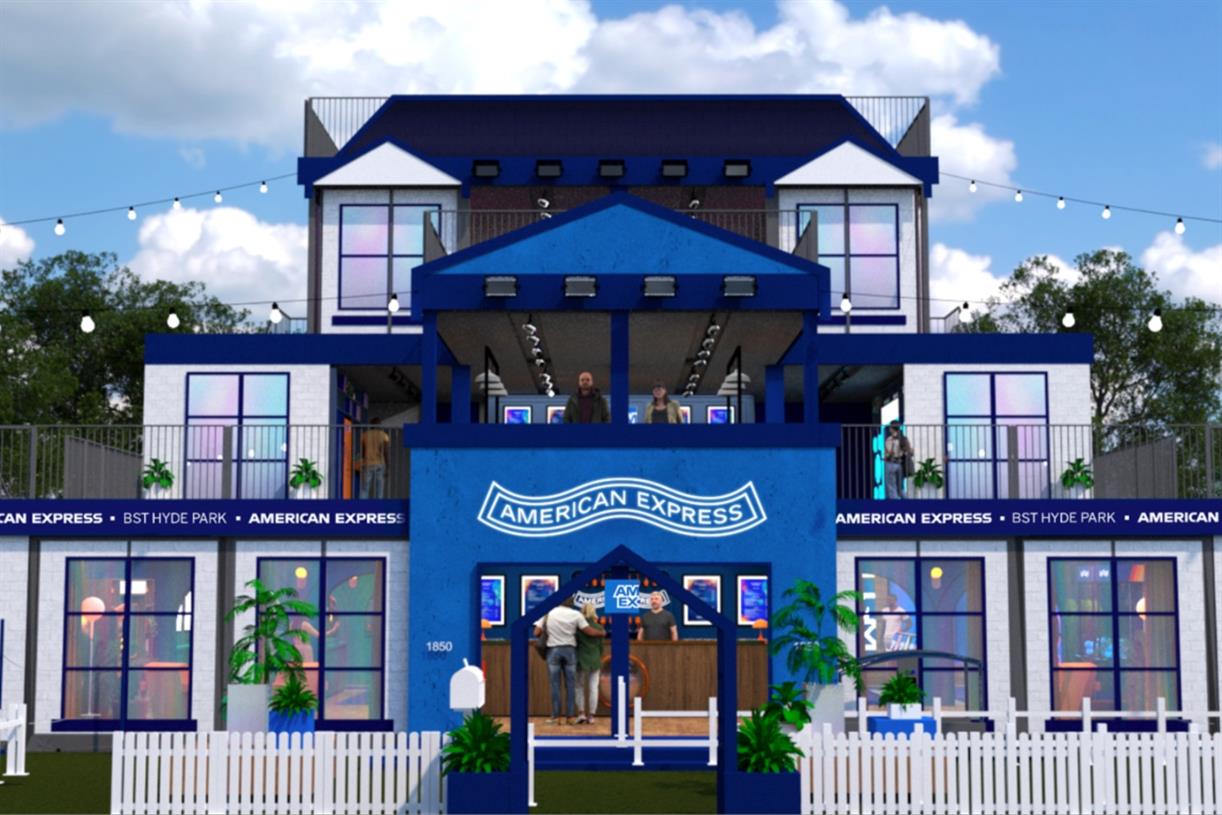Playtron: the startup hoping to Steam Deck-ify the world
The former CEO of Cyanogen has a plan for a platform-agnostic gaming operating system. Continue reading…
/cdn.vox-cdn.com/uploads/chorus_asset/file/25341775/playtron_mockup_3_2.jpg)
Handhelds are the future of gaming — but there are reasons the category hasn’t exploded yet. The Nintendo Switch is locked down, Windows can be cumbersome, and Valve’s pick-up-and-play SteamOS hasn’t yet escaped the Steam Deck.
What if there were an Android of gaming, an OS you could install on any capable hardware to get a controller-friendly PC experience? Imagine an “Epic Deck” that could actually play Fortnite, a “5G Deck” for cellular carriers, or maybe a “PlayStation Deck” for Sony’s growing PC ambitions.
“If Valve can do this with Steam, we can do this with anything,” says Kirt McMaster, CEO of Playtron.
Today, Playtron is coming out of stealth with $10 million in funding, roughly 18 employees, and a plan to challenge Microsoft, Valve, and Apple for the next hundred million gamers. And after seeing a stack of internal planning documents, speaking to Playtron’s allies, and trying an early alpha, I’m cautiously optimistic.
It begins with a Linux-based operating system that plays Windows games, just like the Steam Deck — except this one isn’t tied to Steam. Games you’ve bought from the Epic Games Store are first-class citizens, too.
Today, in early alpha form, it doesn’t look all that exciting: a lightweight OS that replaces Windows or SteamOS on your existing handheld gaming PC, with fewer features and compatible games than its peers. While it definitely played Death Stranding, Dave the Diver, and hours of Balatro just as well as my Steam Deck, not all games that work there necessarily work here yet.
But within a year, Playtron believes it’ll be competing with Windows as the OS for gaming handhelds. “We’re in conversation with numerous OEMs and mobile operators to build and deploy Playtron devices around the world in the 2025 timeframe,” McMaster tells me — adding that Ayaneo plans to ship a native Playtron handheld by the end of 2024.
Photo by Sean Hollister / The Verge
Playtron will cost companies like Ayaneo a fraction of the price of Windows, he says, around $10 per head instead of the $80 that OEMs tell him they spend today. And he says games like Fortnite and Roblox shouldn’t have to fear hackers reverse engineering their anti-cheat solutions because its Fedora Silverblue base has an immutable file system. (I thought SteamOS was immutable, too, but I’ll let more knowledgeable Linux users argue that one.)
Playtron isn’t just looking at handhelds, by the way; it imagines every laptop, tablet, phone, TV, and car becoming at least a part-time gaming machine. Remember Apple’s journey to bring big games to its own Arm-based silicon? McMaster says he’s hired the developer behind Box86 to bring Windows games to efficient Arm-based silicon, potentially getting us out of the rut where today’s portable PCs only get two to three hours of AAA gaming battery life.
They’ve already got The Witcher 3 running on a Qualcomm Snapdragon 8 Gen 3 smartphone — admittedly at under 30fps with somewhat potato-y graphics.
But while Qualcomm has been talking a big game about its Snapdragon X Elite chips coming this summer, both McMaster and Qualcomm exec Micah Knapp suggest it might take a couple more years for Arm to match x86 for gaming. “Have I seen faster? Yes. Have I seen better battery life? Yes. Not one example I can point to with both,” says Knapp.
If you’re wondering how a brand-new startup convinces hardware manufacturers and mobile carriers with what looks like a glorified games launcher and a few big ideas, you’re not alone. Even Playtron’s allies aren’t trying to claim this is a sure bet.
“It’s a game of conditional probabilities; 10 different things need to happen and each of them has a very low probability of success,” says Carlos Castellanos, an investor at Samsung Next who led Playtron’s first round of funding. Game publishers, hardware manufacturers, cellular carriers, and the community would all need to be engaged.
But Castellanos and former PlayStation CEO Shawn Layden, a friend of the project, think this team has a chance to win at a time few others are stepping up to lead. “We don’t go out into the world awash in handheld gaming platforms,” says Layden. “There’s room for someone who can make the right proposition.”
And Castellanos suggests Playtron may have the right “conductors” to play that particular symphony.
Photo by Sean Hollister / The Verge
McMaster helped create the US arm of Boost Mobile and was CEO of Cyanogen, the company that used to ship custom sideloadable versions of Android and helped OnePlus launch its debut phone. Playtron chair John Lagerling knows a thing or two about spreading an Android-like OS — he used to be Google’s director of Android global partnerships, helping Google ink deals with chipmakers and companies like LG, Asus, and Samsung to produce Google Nexus phones and tablets. “It’s my understanding that [Playtron] have deepening partnerships with potential providers of the chips and hardware,” hints Castellanos.
A few other things Playtron told us:
That said, Lagerling also helped broker Google’s short-lived purchase of Motorola, and McMaster probably destroyed CyanogenMod while trying to turn it into CyanogenOS. He tells me he learned that you shouldn’t try to commercialize an open-source project with a significant history because it can lead to culture wars — but says that, this time, everyone’s aligned from the start.
“They all have the open-source ethos, but they’re all gamers... they want to build an open source operating system that allows them to play unencumbered.”
In addition to the developer of the Box86 emulator, the Playtron team includes developers of ChimeraOS, which similarly cribs a lot from SteamOS, and the Heroic Games Launcher that makes it easier to play Epic Games Store and GOG games on Linux handhelds. Co-founder Franck De Girolami leads product: he was a programmer and later project leader on the Alone in the Dark games, which pioneered the 3D survival horror genre.
Playtron hasn’t quite decided just how open source it’ll be, though, and how much it will cater to Linux power gamers versus the next hundred million that Playtron hopes to bring into the fold. McMaster tells me Playtron’s definitely skewing more toward the ease of use of a Nintendo Switch, partnering with Perplexity on an AI agent that could keep “core-casual” gamers from ditching games prematurely just because they got stuck on a challenge or puzzle. There’ll be no Linux desktop mode.
Photo by Sean Hollister / The Verge
And yet, Playtron’s also hoping to get help from Linux power users, releasing a public alpha in the next 60 days so the community can request features, contribute to code repositories if they can, and help improve game compatibility by building launch configs and test scripts. (Playtron says it’s working on a helper tool that uses AI image recognition to automatically press the right buttons to launch a game properly.)
A lot of things would have to go right for Playtron to succeed, and it probably won’t be the only company shipping a handheld OS. Valve’s Pierre-Loup Griffais now tells me the company’s finally working directly with other companies to bring SteamOS to its handhelds, and I’m currently testing a promising SteamOS clone called Bazzite. Microsoft also won’t sit on its hands forever.
But for the moment, Playtron sounds intriguing — particularly for anyone who wants to challenge the status quo of Steam PC gaming.

 FrankLin
FrankLin 
































